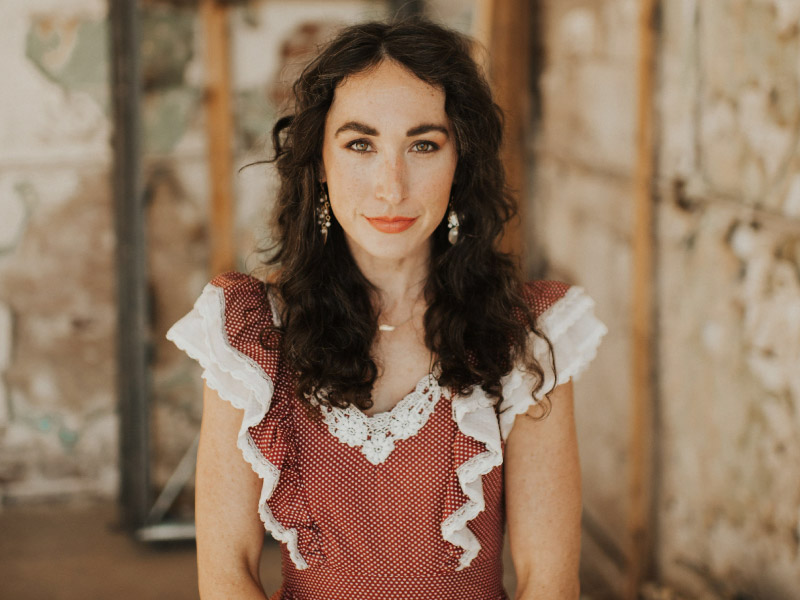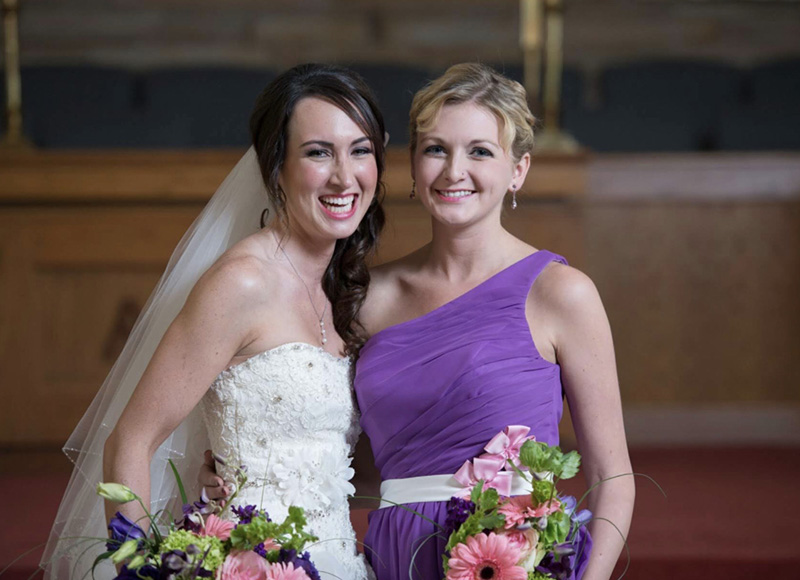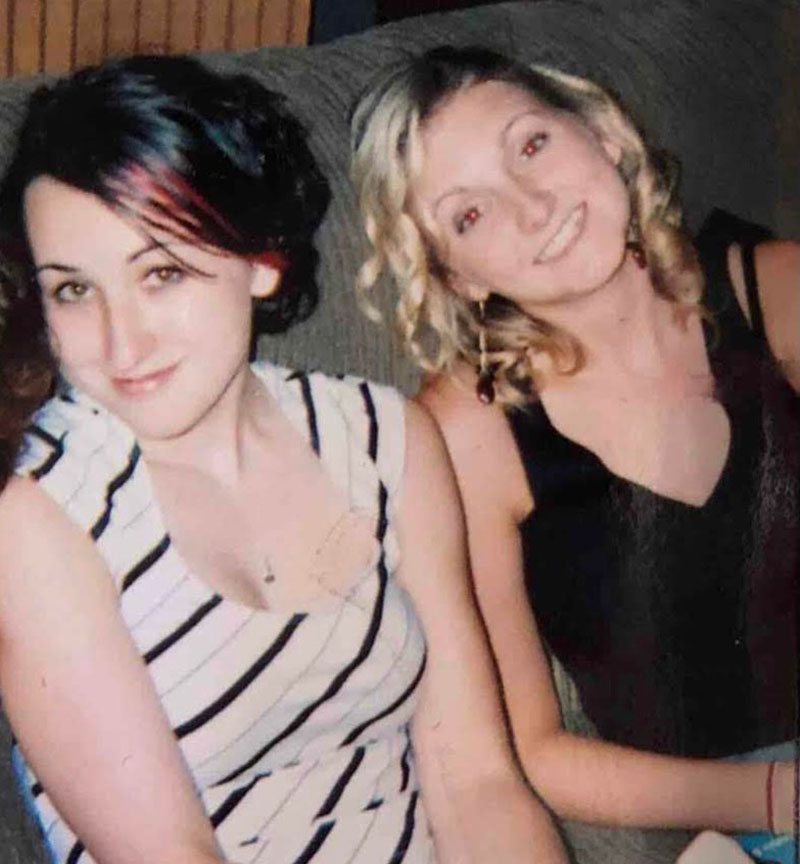Her best friend died suddenly at 31. Now, she spreads the word about heart health.
By Diane Daniel, American Heart Association News

On a steamy July afternoon in Fort Scott, Kansas, 16-year-old Lindsey Lewis, dressed in a swimsuit and shorts and driving her well-loved convertible, picked up her friend Jill Overstake. They stopped for sodas on their way to the local rock quarry. A group of friends they called "the boys" were jumping off the rocks into the water.
Once there, Lindsey gave her friend a look that implied, "Shall we?"
"Absolutely not," Jill said. "It's not safe."
Lindsey smacked Jill on the shoulder playfully, as she often did, and said, "We're doing it!"
She grabbed Jill by the hand and in they went, splashing into the murky water 25 feet or so below. They laughed as they got out, their long hair dripping, the sun warm on their skin.
"In hindsight, it summed up our relationship, Lindsey pulling me by the hand and taking me out of my comfort zone," remembers her friend, who is now 34 and goes by Jillian Forsberg.
Jillian shared that joyous memory at Lindsey's funeral.
In 2018, her childhood friend, "L3" for Lindsey Louise Lewis, died suddenly from an aortic dissection. A tear in the wall of her heart's aorta allowed blood to rush between the wall's layers.
Lindsey was 31, an energetic, ambitious lawyer working in Dallas who had just bought her first house with her boyfriend. She collapsed after work while exiting an elevator into the parking garage and died on the scene.
Jillian, who lives in Wichita, Kansas, learned of her friend's death the next day, when she woke up to screenfuls of texts and messages on her phone.
The girls met in middle school and bonded over feeling different, together. Lindsey was a bridesmaid at Jillian's wedding and made a surprise appearance at her baby shower. They kept up via texts and photos. Jillian had admired Lindsey's courage, compassion and zest for life.

In her shock and grief, Jillian dug deep into researching heart disease, wondering if anything could have saved her friend.
Most people who have aortic dissection say they feel a sudden ripping or stabbing chest pain that sometimes spreads to the back. It can potentially be treated with surgery and medication.
Lindsey's boyfriend said she had complained of some chest pains but had chalked them up to stress and anxiety.
"If she could have seen a cardiologist in her last few weeks, she might have had a lifesaving surgery," said Jillian, who accepts that she will never know.
Jillian also thought, if this can happen to my friend, it can happen to me.
Within weeks of Lindsey's death, Jillian started to exercise regularly for the first time in her life. She now works out six days a week, following online cardio and strength routines at home.
Last year, Jillian began eating healthier foods and more home-cooked meals. She lost 20 pounds, her husband lost 70.
On social media, she regularly wrote about Lindsey and implored people to stay healthy, get regular checkups and go to the doctor if they felt any chest pain.
This year, an invitation to participate in American Heart Association fundraising events gave Jillian a chance to not only raise money for heart research and continue spreading the word about heart health, but to share Lindsey's bright light with others.
"When I speak, of course the focus is on how she died," Jillian said. "But I also want to show people, this is how she lived. She was living her best life."
Aimee Lewis, the youngest of Lindsey's three sisters, was in the audience at an event this past summer.
It was difficult to sit through, she said, but she was glad Jillian was on the stage.
"I appreciate her spreading the word about hearts and being healthy," Aimee said.
Aimee, a barber, also talks to people about remaining healthy and getting checkups. "A lot of my clients have been with me for eight or 10 years and know what I've been through."
The Lewis family started a law scholarship at Lindsey's alma mater in her honor, and they spread a bit of her ashes every time they travel together. Jillian keeps some of Lindsey's ashes in a locket and in an urn.

Every Friday, Jillian, who works at a bridal shop, wears red as part of a Go Red for Women campaign to bring attention to heart health. She also "says yes" to more things, as Lindsey did, and often plays music that reminds her of her friend, singing both their parts. She even uses Lindsey as an example while raising her young daughter.
"Lindsey was braver than I'll ever be," Jillian said. "I don't ever want to let her go."
Stories From the Heart chronicles the inspiring journeys of heart disease and stroke survivors, caregivers and advocates.
If you have questions or comments about this story, please email [email protected].





